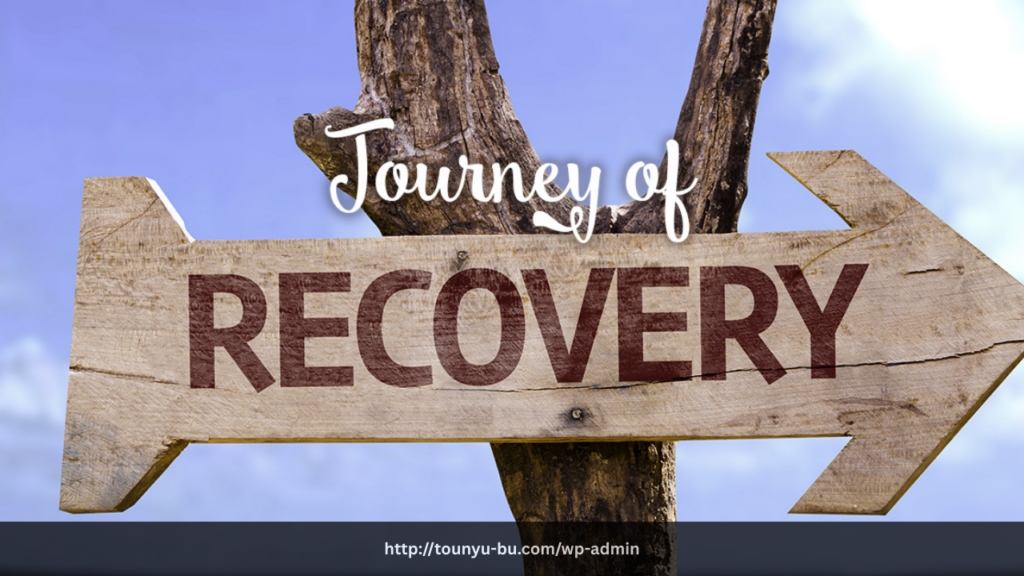
The path to recovery from addiction is deeply personal and often shaped by the unique struggles each individual faces. These struggles—emotional, mental, and spiritual—are not just obstacles but also powerful catalysts for transformation. Breaking free from addiction means confronting the chains that bound a person to substance use and using those very experiences as stepping stones toward healing and growth.
Understanding the Roots of Addiction
Addiction rarely exists in isolation. It often stems from underlying issues such as trauma, anxiety, depression, or a history of abuse. For many, substances become a way to escape emotional pain or to cope with feelings of inadequacy and fear. Recognizing these root causes is an essential step in recovery. Only by addressing the emotional and psychological wounds that fueled the addiction can true healing begin.
Personal struggles play a central role in shaping how recovery unfolds. Each individual brings their own history, personality, and coping mechanisms into the process. What may be a turning point for one person might be a trigger for another. That’s why recovery is not one-size-fits-all. It must be tailored to meet the unique needs and experiences of each individual.
Turning Pain into Power
One of the most transformative aspects of recovery is learning how to turn personal pain into strength. The challenges faced during active addiction—failed relationships, lost jobs, legal troubles, or health issues—can serve as powerful motivators for change. These painful memories become reminders of what has been overcome and what’s at stake.
The struggle to stay sober often forces individuals to develop resilience, patience, and emotional awareness. These qualities not only support sobriety but also foster personal growth. By learning to sit with discomfort rather than numb it, individuals discover their capacity to face life head-on, no matter how difficult it becomes.
Embracing Vulnerability and Seeking Support
Personal struggles can sometimes lead to isolation and shame. Many people in recovery initially believe they have to face everything alone or feel too ashamed to ask for help. However, embracing vulnerability and seeking support is a sign of strength, not weakness.
Support networks—whether through therapy, peer groups, or trusted loved ones—provide a safe space to share, heal, and grow. Hearing others’ stories and sharing one’s own creates connection and reduces the sense of isolation. These relationships can be instrumental in building confidence and reinforcing the commitment to stay sober.
Redefining Identity Through Recovery
Addiction often strips individuals of their identity, replacing it with labels of failure or hopelessness. Recovery offers a chance to redefine oneself—not as an addict, but as a survivor, a fighter, and a person capable of change. Every personal struggle faced and overcome becomes part of this new identity.
Through facing their deepest struggles, individuals in recovery learn who they truly are. They gain clarity, strength, and a renewed sense of purpose. In this way, the very chains that once held them back become the tools that shape their journey toward a better, more fulfilling life.
Breaking the chains of addiction is not easy, but every struggle faced along the way has the potential to empower, heal, and transform. In the end, it’s not the absence of struggle that defines recovery, but how one rises through it.